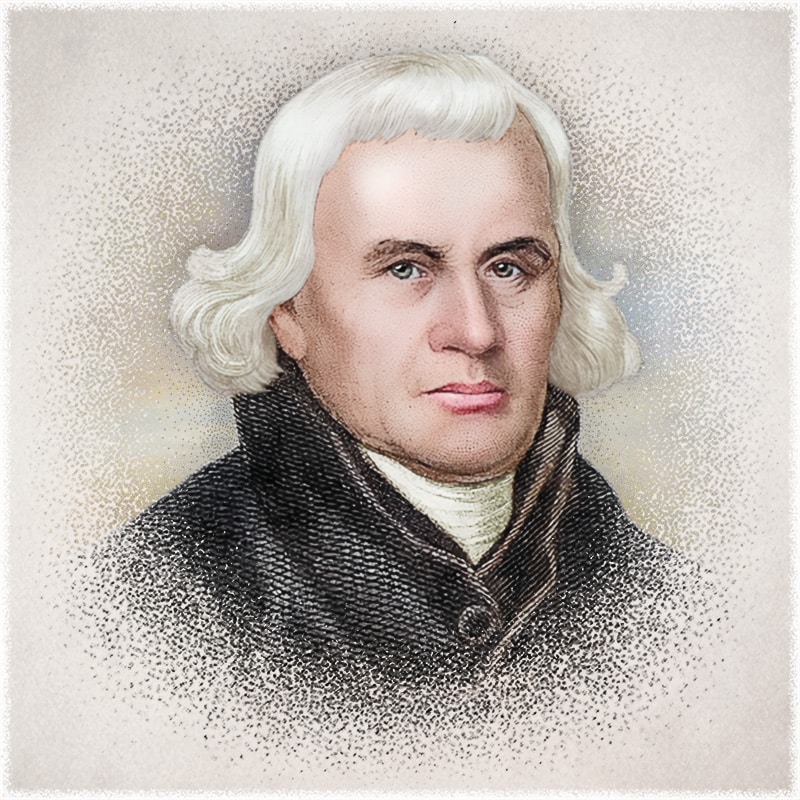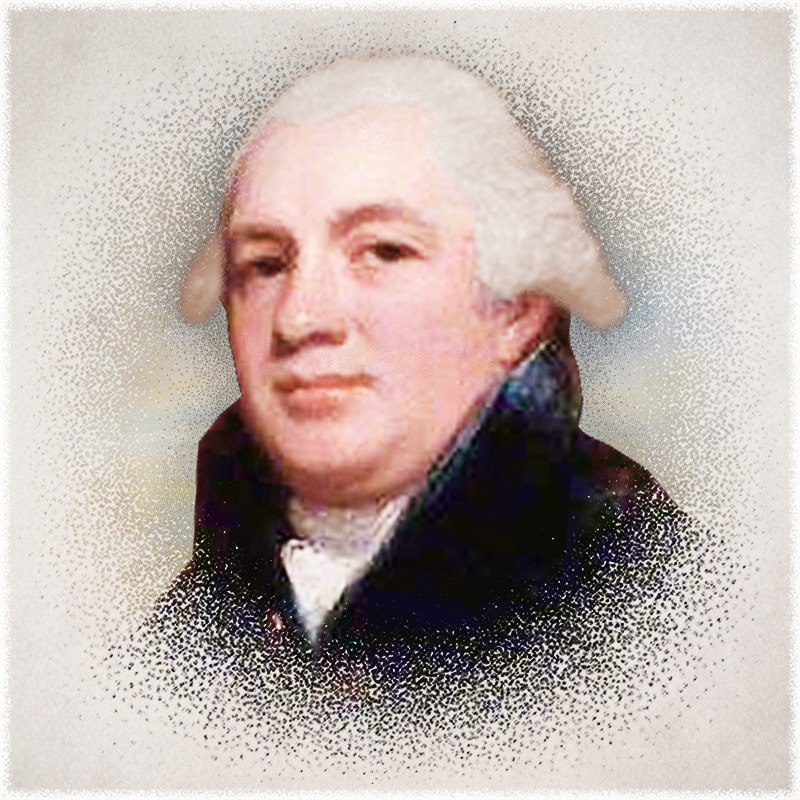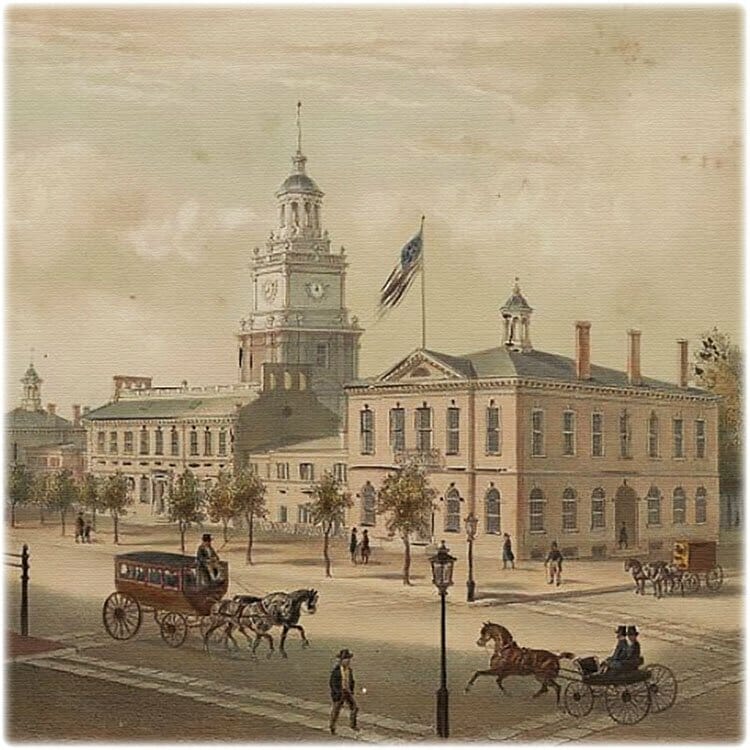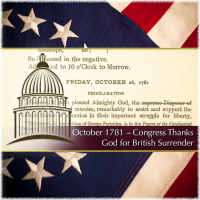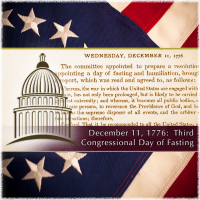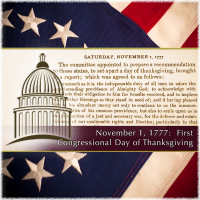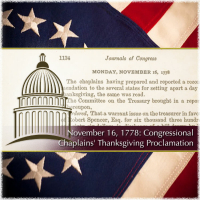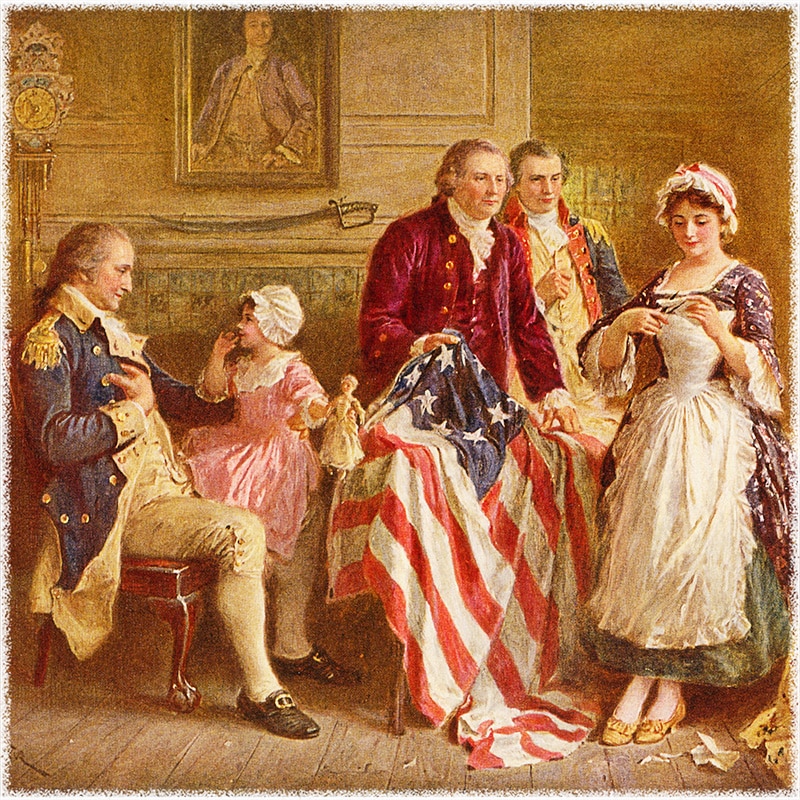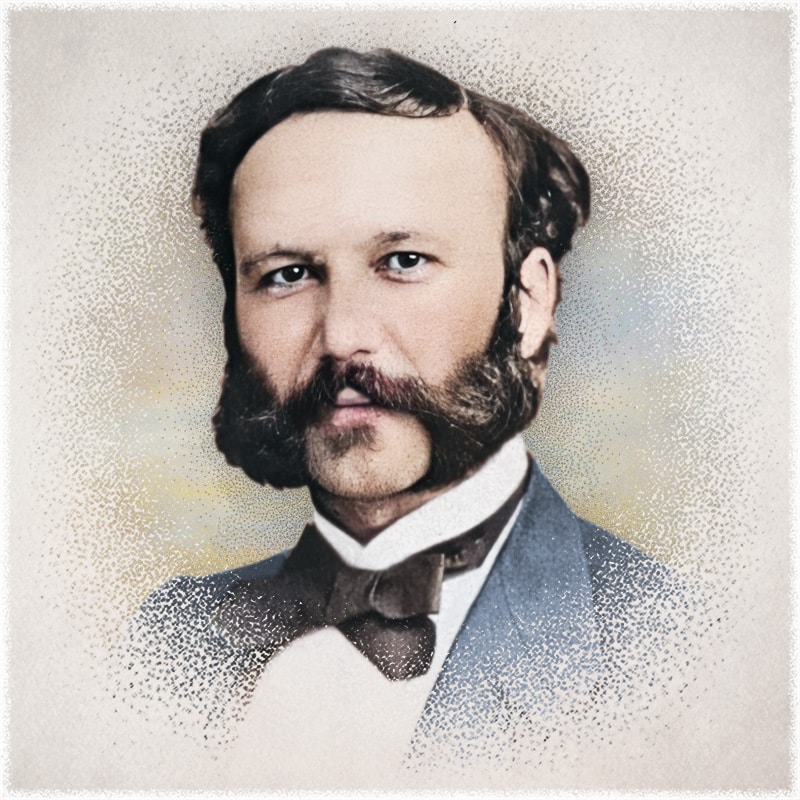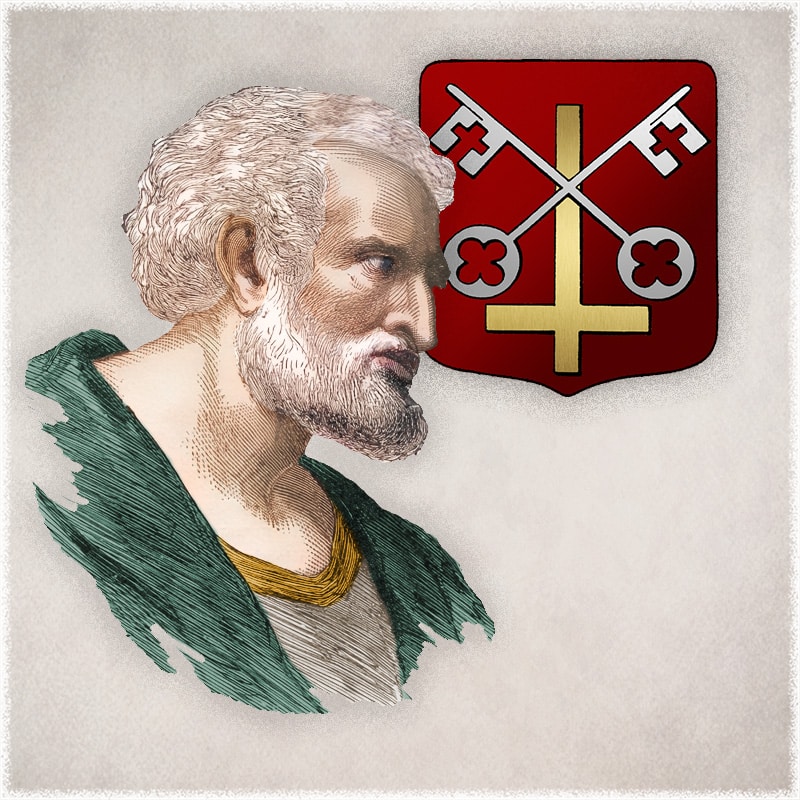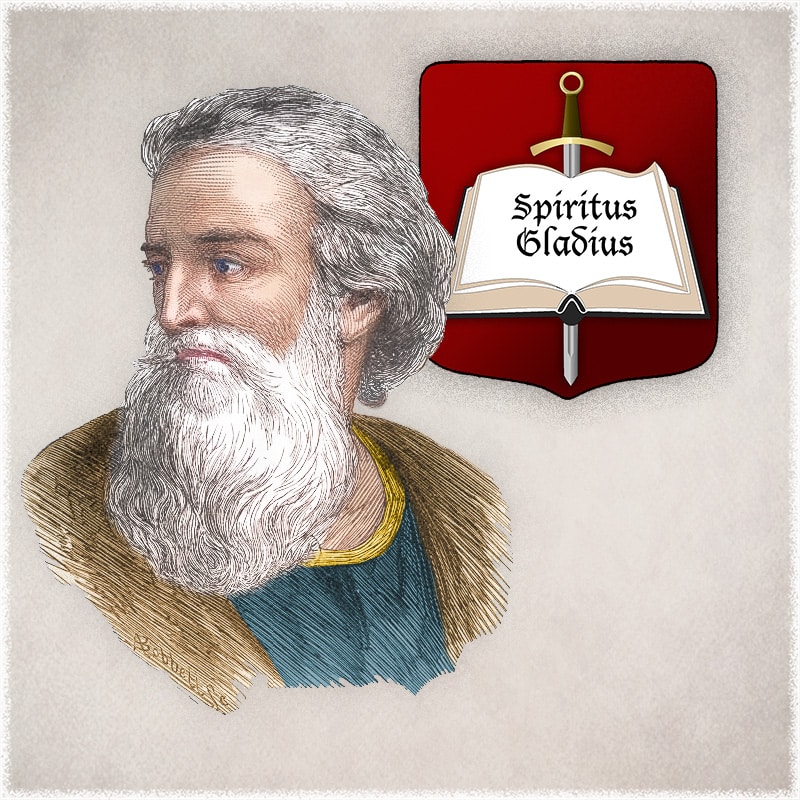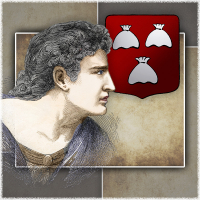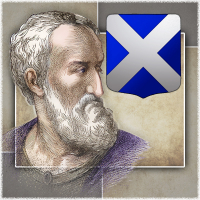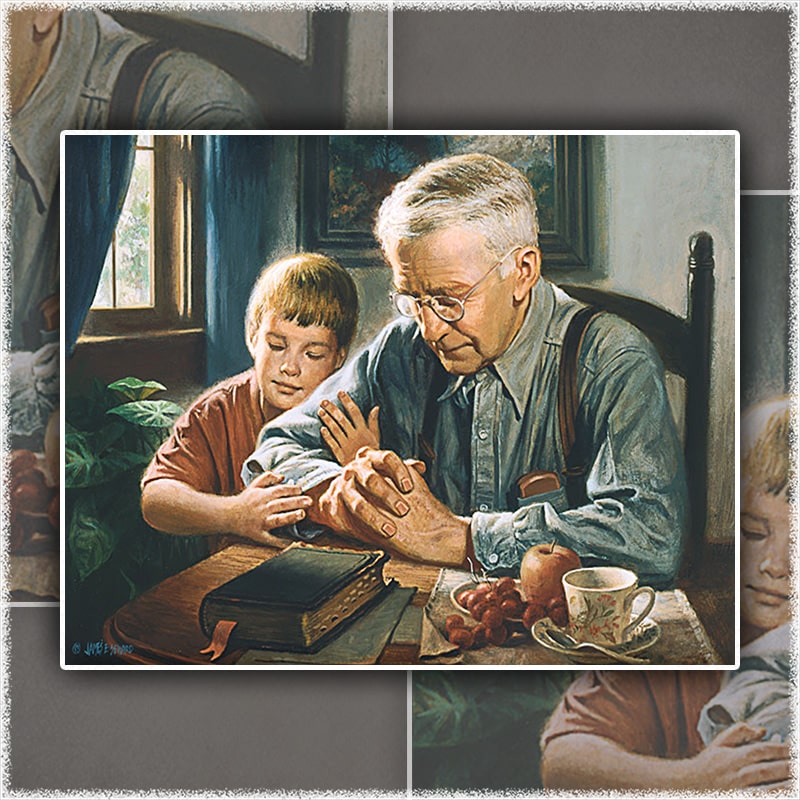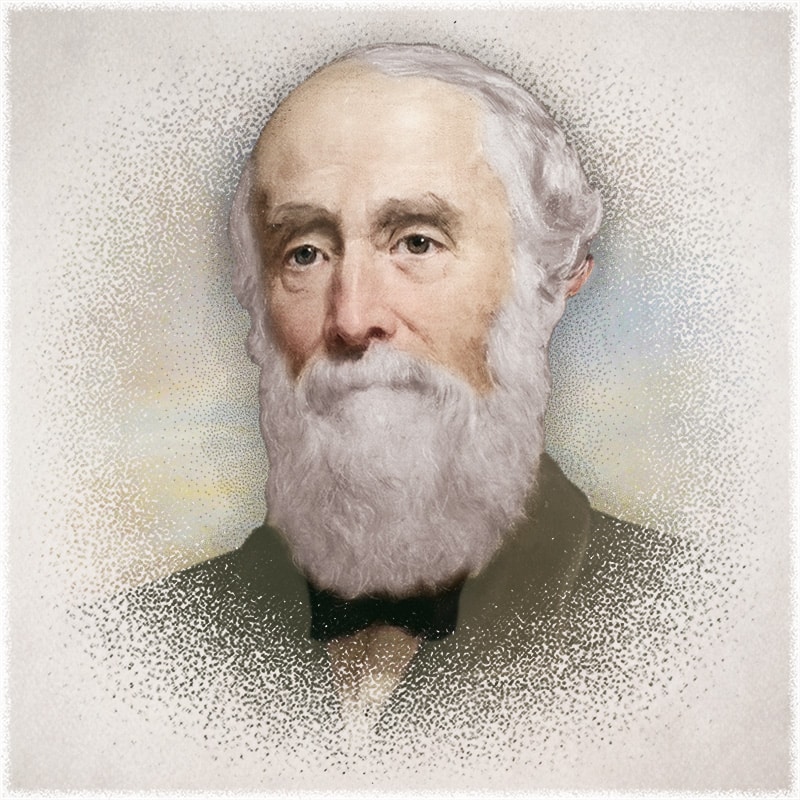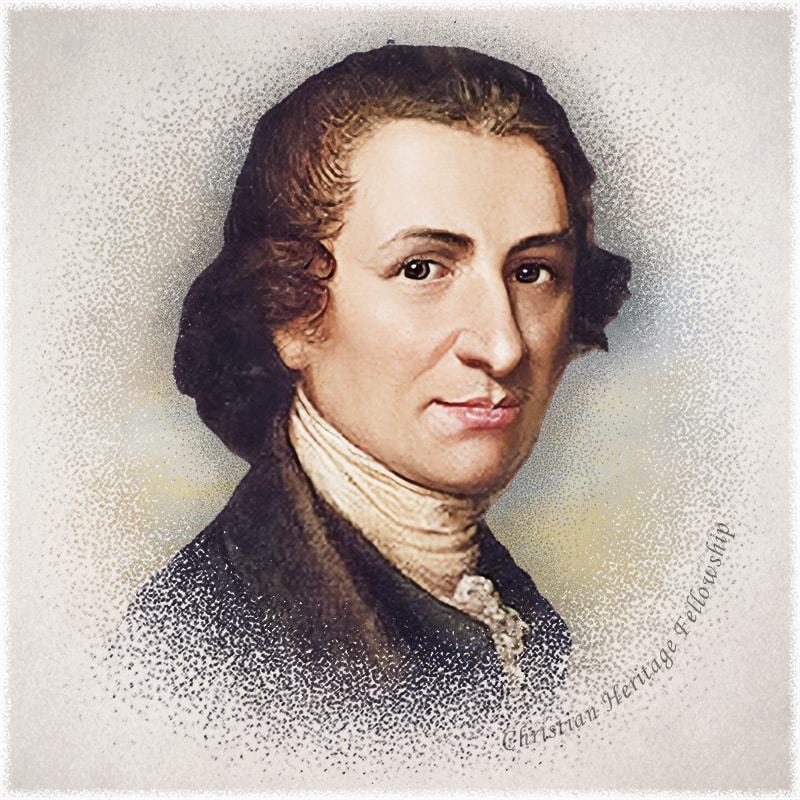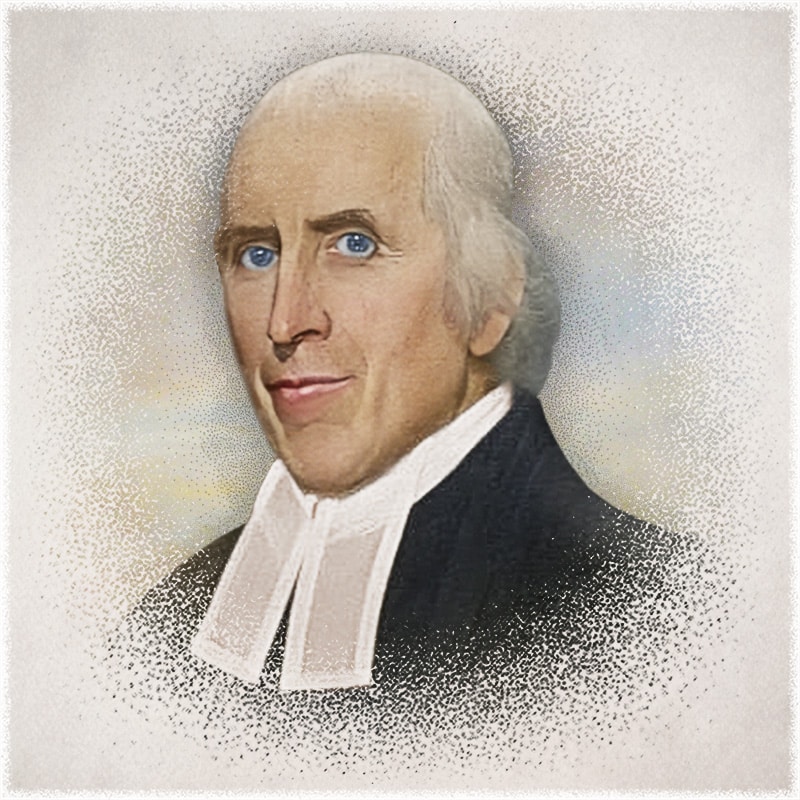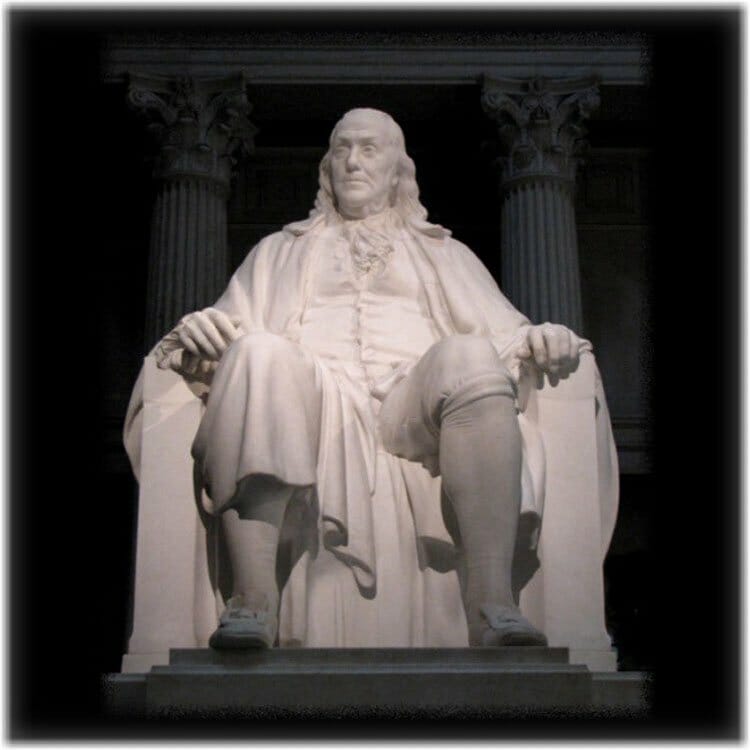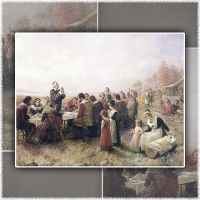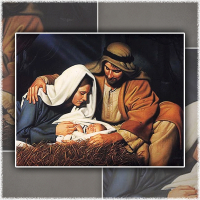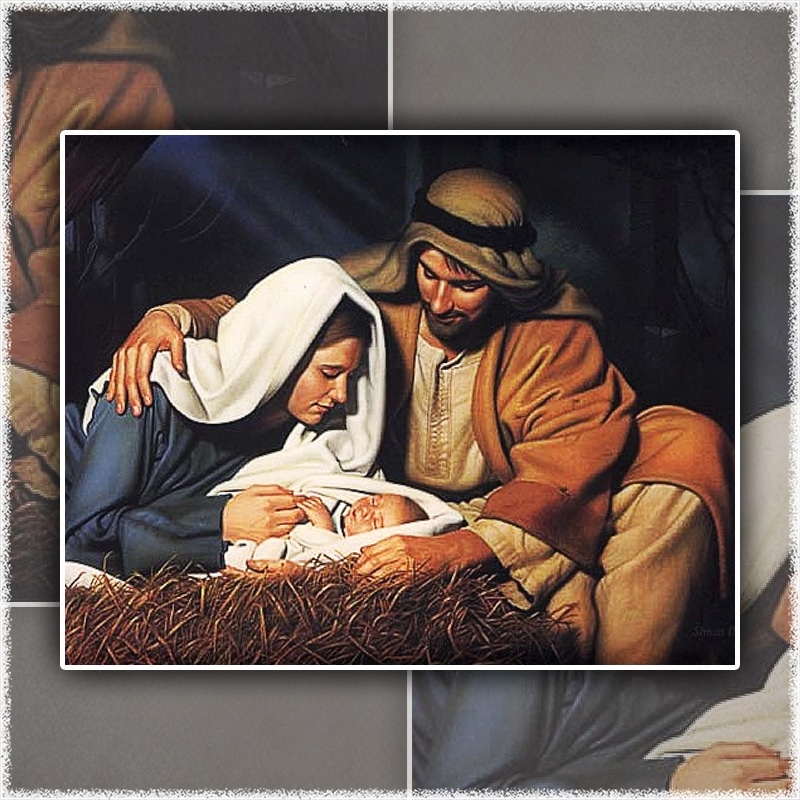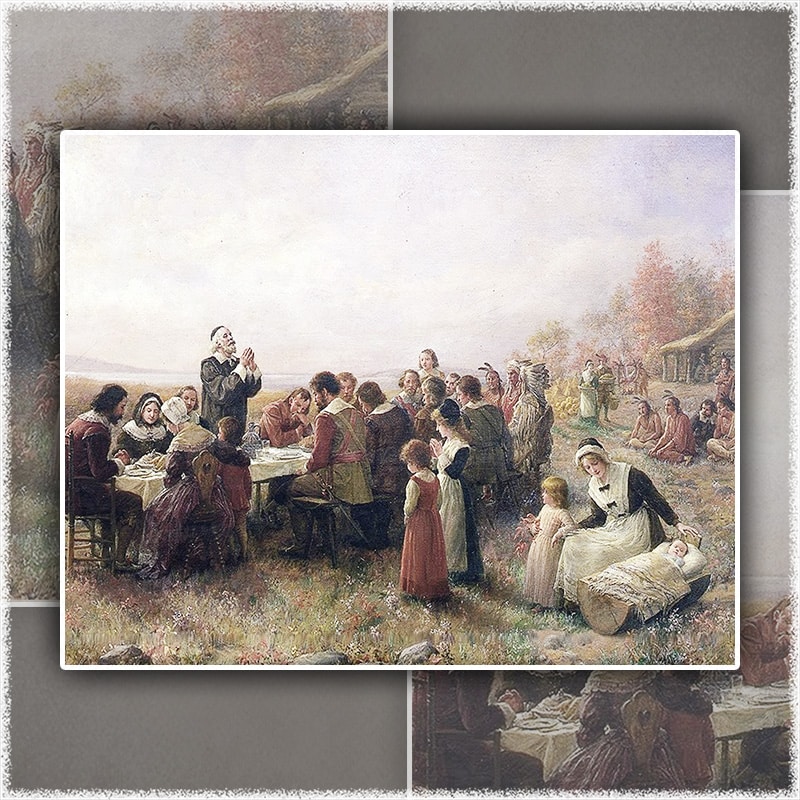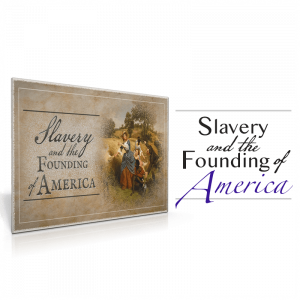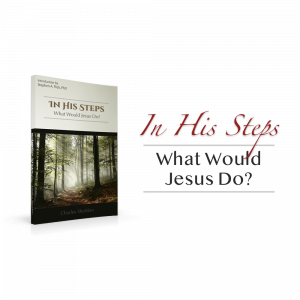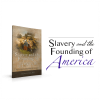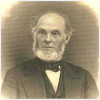Christian Living in June
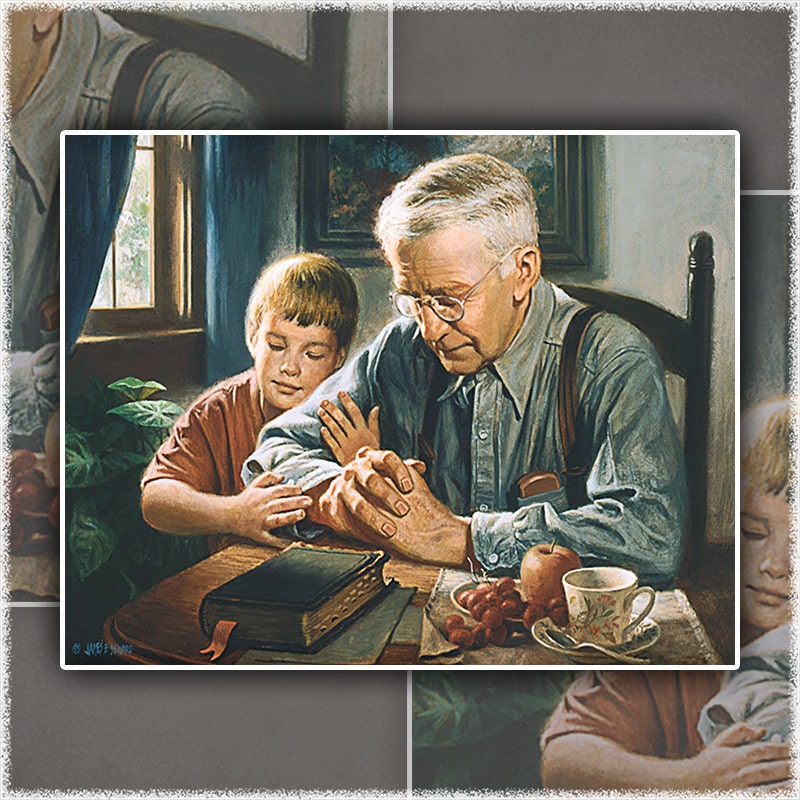
Each month offers new and exciting opportunity for Christians to celebrate their faith. If observed without regard to the rest of the year, any given month--by itself--may appear stark and lean. But, within the context of the Christian life, each month enjoys greater vividness and importance. If one piece of a stained glass window is missing, the design or story of the window appears incomplete. The months of the year should help to compose a beautiful mosaic of Christian life.Christian Living in June
Many of the events of June are already known, while other dates of significance are less known. Almost forgotten in the life of American Christianity is the camp meeting, yet this institution has tremendously influenced the life of America. Once again, Christian education must be carefully considered and observed in June. Flag Day, Father's Day, and other significant events and memorials make the month of June a month of opportunity for the Christian community.Christian Living in June
Table of Contents
In Julian and Gregorian calendars, June is the sixth month of the year. The summer solstice begins in June in the Northern Hemisphere, the day with the most daylight hours. In the Southern Hemisphere, June begins the winter solstice with the shortest daylight hours of the year. In the Northern Hemisphere, June is the seasonal equivalent to December of the Southern Hemisphere and is the beginning of the traditional astronomical summer of June 21.
In his poem concerning the Roman calendar, the Roman poet, Ovid, suggested multiple explanations for the etymology of June. Among the suggested origins of the term is that it was derived from the Roman goddess Juno, wife of the supreme deity Jupiter and goddess of marriage. Ovid further suggests May received its name from the Latin term maiores, meaning "elders," and June from the term iuvenes, or "young people," but given the fact that the other months of the Roman calendar are named after pagan gods and goddesses, it is unlikely that this latter suggestion is valid.[1] Ancient Romans regarded the period of mid-May to mid-June as an era undesirable for weddings. This idea was supported by Ovid, but Plutarch suggests June was more desirable than May for marriage.
The birth flowers of June are roses and honeysuckle, and the birthstones include pearl, alexandrite, and moonstone.
In addition to the highlights of this month that are discussed below, additional subjects of interest regarding our Christian heritage are presented online, where they are arranged according to dates of occurrence—with particular attention being given to the influence Christianity has exercised upon the origin of America. The online calendar where these articles are arranged is under continual development with new articles appearing as they become available. By clicking the message box below, readers will navigate to the present month under consideration.
To navigate to our online calendar, please click this box.Many of the influences that the Christian faith has exercised over America have been forgotten by the nation as the twentieth century waned and the twenty-first century has begun. Arising out of a deep desire to advocate the Christian faith, many denominations initiated camp meetings in the nineteenth century that convened during the summer. These were places where the truth of the Gospel preached in the local church was trumpeted to hundreds of thousands of camp-meeting-going believers and unbelievers alike. Through the camp meeting, evangelical truth reverberated throughout America, often with a greater influence upon believers than what was immediately realized by the pastor of the local church. America's Founding Fathers could be seen attending some of the earliest camp meeting efforts in the nineteenth century. Governor Pierre Van Cortland was the first lieutenant-governor of New York and was a deeply dedicated Methodist. His son, Philip, had been a brigadier-general during the Revolutionary War, distinguishing himself particularly at Yorktown, the crowning battle of the Revolution. Philip, eager to advance the Christian faith, attended the Methodist meetings, and when the Methodist circuit riders failed to appear at the meetings, Philip would read a chapter from his Bible. Of his interest and relationship to Methodist camp meetings, a companion of Bishop Francis Asbury wrote: "Great camp-meetings were held upon his land, and multitudes were converted there."[1]
Camp meetings were influential in various denominations, but they were most commonly used by churches descending from the Methodist tradition. Under the spiritual influences of the camp meeting tradition, many political figures were shaped and molded for local, state, and federal service. The camp meeting was one important instrument in making America a spiritual and national giant in the world.
See our featured article:
Observance: Begins first Sunday in September
Robert Raikes is often credited with having started the Sunday School movement, but it was British Methodist Hannah Ball, a native of High Wycombe in Buckinghamshire, England, who was the first to initiate a Sunday school in 1769.
Christian homes are provided with an example of the necessity of Christian education in the institution of the Sunday school in local churches. Most churches begin a new Sunday School year on the first Sunday in September which continues throughout the year on a quarterly basis (September, December, March, and June). Christian homes should recognize the need to establish the discipline of Christian education, allowing the Sunday school in the local church to remind Christian homes of this important discipline. Allow the beginning of September to remind you of the need to develop Christian education in your heart and home throughout the year, and develop a plan for Christian education for your home!
See our featured article:
Spiritual Proclamations of Congress
Remembrance:
June 12, 1775
Among the thousands of documents and events that demonstrate America's Christian origin are the sixteen spiritual proclamations issues by Congress during the American Revolution. Following the pattern of fasting, praying, and offering of thanksgiving to God that was use in the New England Colonies, Congress asked the American states to fast and pray in the spring and offer prayer and thanksgiving in the fall of the year. States were asked to invite their citizens to cease their labors and observe the day as proscribed by Congress.
The first of the sixteen spiritual proclamations was issued in late spring on June 12, 1775 and was a fasting and prayer proclamation. The sixteenth and last spiritual proclamation to be issued by Congress on August 3, 1784 was a thanksgiving proclamation. Only one spiritual proclamation was issued by Congress in June during these years. This was the first proclamation and is listed below:
See our featured articles:
All sixteen proclamations: When Congress Asked America to Fast Pray and Give Thanks to God
Observance: June 14
National Flag Day is the culmination of numerous efforts to raise a sense of appreciation for the flag of the United States. On June 14, 1777, the Second Continental Congress adopted a flag for the Thirteen States in the midst of their struggle against Britain.
A day to commemorate the adoption of a flag for the new nation was not established until efforts beginning in the nineteenth century reached a culmination in the twentieth century. More than three decades of local and state celebrations preceded a proclamation by President Woodrow Wilson in 1916 establishing June 14 as Flag Day. For many years after this initial national effort, Flag Day continued to be observed at different levels. Finally, June 14 was established as a perpetual day of observance when President Truman signed an Act of Congress on August 3rd, 1949, designating this day as National Flag Day.
See our featured article:
Observance: Third Sunday in June
Father's Day in America arose as a response of one Christian effort to another Christian effort. Early in the twentieth century, Anna Jarvis, with the help of fellow evangelical Christian, John Wanamaker, initiated Mother's Day in response to the Christian life and service of Anna's mother, Ann Jarvis.
Influenced by the rise of Mother's Day, Sonora Smart Dodd initiated the first attempts to formally establish a day to recognize the importance of fathers in the life of the family. This first observance occurred in Spokane, Washington on June 19, 1910 at a Young Men's Christian Association (YMCA). Dodd's father, Civil War veteran William Jackson Smart, was a single parent who raised six children in Spokane. After hearing a sermon about Anna Jarvis' Mother's Day in 1909, Dodd told her pastor that fathers should have a similar holiday to honor them. She proposed that it be observed on June 5, her father's birthday, but pastors were unable to prepare for the occasion with limited opportunity, so the celebration was deferred until the third Sunday of June.
The road to official recognition of Father's Day in America was long. In 1913, a bill to accord the day national recognition was introduced, and in 1916, President Woodrow Wilson traveled to Spokane to speak and wanted to officially recognize the day, but Congress feared it would merely become commercialized. President Coolidge fell short of issuing a national proclamation to nationally recognize the day in 1924. In 1957, Maine Senator, Margaret Chase Smith, chastised Congress for ignoring fathers for forty years while at the same time was willing to recognize mothers. In 1966, President Lyndon B. Johnson issued the first presidential proclamation to recognize Father's Day, designating the third Sunday in June for its observance. Finally, in 1972, President Richard M. Nixon signed a bill from Congress establishing the third Sunday in June a date for the perpetual observance of Father's Day.
See our featured article:
Observance: June 24
The Red Cross was founded on June 24, 1859. As a Swiss businessman by the name of Henry Dunant[2] was in route to a business meeting he came across a battlefield strewn with the bodies of the dead and dying. Dunant was a committed evangelical Christian whose heart was profoundly disturbed by the vivid scene of human suffering on the battlefield. The agonizing screams of the wounded and the lifeless bodies of the dead awakened his Christian conscience to action. As a result, the well-known humanitarian organization known as the Red Cross was born out of Christian desire to bring comfort to the afflicted. So successful was Dunant's vision of Christian compassion that in Muslim countries, the Red Crescent was born out of the Red Cross.
Agnosticism and atheism has never been bothered by human suffering and sorrow; unbelief has never distinguished itself by meeting the various and numerous needs of the human race. Other world religions have also failed to come close to the good that has been produced by the Christian Church around the world. The next time you see the Red Crescent, remember that the greatest good the world has ever known is always the result of the "red cross"--the cross of Jesus Christ!
See our featured article:
Remembering the Apostles Peter and Paul
Observance: On or before June 29
At the beginning of the twenty-first century, every discipline and sphere of life is in need of exemplary individuals who are able to serve as models of vital Christianity for young and old alike. One might search in vain or with limited success for such exemplary individuals. From present circumstances, it is apparent that few who attain public positions of distinction and notoriety afford themselves as such models. Scripture introduces the most distinguished list of figures the world has ever known, but Scripture is not studied merely for the purpose of its moral examples, but for the spiritual transformation that alone is found in Jesus Christ.
The most important group of individuals to bridge the span between the pages of Scripture and the early Church is the Apostles. The high or formal churches of Christendom have been inclined to venerate or attribute divine qualities to the Apostles and other distinguished figures of the Church. Though we do not attribute divine qualities to any being other than the members of the Holy Trinity, the Apostles and godly believers throughout the history of the Church offer the world unmatched examples and models for living! However, Christians may celebrate the lives and ministries of fellow believers who have distinguished themselves for the sake of Jesus Christ. In the Western Church, the life and ministry of the Apostle Peter is celebrated on June 29. In a world that needs great models, none more distinguished than the Lord Jesus Christ and his Apostles may be found.
See our featured article:
St. Paul was martyred in Rome, probably by beheading, in 68 A.D. Of all of the Apostles, Paul was the most diligent in attempting to take the Gospel to the ends of the world. At the time of his martyrdom, the Apostle had spread the Gospel throughout the eastern and northern parts of the Mediterranean world, possibly reaching as far west as what is now known as Spain. Under the guidance of the Holy Spirit, Paul helped establish the Christian Church apart from Jewish influences that wished to force Christianity back into a Jewish pattern of worship and religious observances. Paul spoke of the Word of God as the "Sword of the Spirit" and for this reason, the sword has become part of the Apostle's apostolic symbol. The Apostle Paul's life and ministry is remembered on January 25.
See our featured articles:
Christianizing Your World in June
One of the best ways for Christians to confront the cultural decay of America is to be personally prepared to give an answer for the hope and faith of the Christian Church (1 Peter 3:15). Error advances itself, not upon the shoulders of truth, but upon the shoulders of error or half-truth. Christians would be far more prepared to confront unbelief if they knew the truth. One of the most powerful resources Christians have at their disposal is historical truth—in particular, the truth concerning the positive influence the Church and Christians have had upon the world. One of the best books to help believers appreciate their heritage and defend the Church against error is the book suggested below. The late Dr. D. James Kennedy was an ardent defender of Christian orthodoxy and able proponent of Christianity's world-wide influence. Dr. Kennedy's tome on the global influence of Christianity goes a long way in correcting secular assaults against the Church.
Dr. Kennedy's book on the positive influence of Christianity: What If Jesus Had Never Been Born?
June 3, 1905: James Hudson Taylor (May 21, 1832 - June 3, 1905), was a British Protestant Christian missionary to China, and founder of the China Inland Mission (CIM) (now OMF International).[3]
June 6, 1844: The YMCA was founded by George Williams, a draper, who was typical of the young men drawn to the cities by the Industrial Revolution. He and his colleagues were concerned about the lack of healthy activities for young men in major cities; the options available were usually taverns and brothels. On 6 June 1844,[3]he founded the first YMCA in London with the purpose of "the improving of the spiritual condition of young men engaged in the drapery, embroidery, and other trades." By 1851, there were YMCAs in the United Kingdom, Australia, Belgium, Canada, France, Germany, the Netherlands, Switzerland, and the United States.
June 6, 1944: D-Day in Europe.
June 7, 1863: Franz Xaver Gruber (November 25, 1787 - June 7, 1863), was an Austrian primary school teacher and church organist in the village of Arnsdorf. At the same time he was organist and choirmaster at St Nicholas Church in the neighboring village of Oberndorf bei Salzburg and then in later years moved on to Hallein, Salzburg. Mr. Gruber wrote the music for Joseph Mohr's Christmas carol, Silent Night.
June 8, 1809: Thomas Paine, imbued with the irreligious sentiments of the French Revolution, returned to America and passed away on this date.
June 9, 1834: William Carey, "Father of Modern Missions" passed away (August 17, 1761 - June 9, 1834). He was a missionary to Serampore, India and translated the Bible into Bengali, Sanskrit, and numerous other languages and dialects.
June 12, 1972: Saul David Alinsky (January 30, 1909 - June 12, 1972) was an American community organizer and writer from Russian Jewish descent. He is generally considered to be the founder of modern community organizing. He is often noted for his book Rules for Radicals.
June 14, 1775: Congress established the Continental Army
June 14, 1777: On this date, Congress formally ratified the flag of the Thirteen States, which had been made nearly a year earlier by Betsy Ross.
June 15, 1775: Congress appointed one of its members, George Washington, as commander of the Continental Army
June 17, 1775: Bunker Hill, a loss for the American cause, was preceded by a prayer for holiness and righteousness to rest upon the people and towns of the colonies by the president of Harvard College, Samuel Langdon (on June 16).[4]
June 9, 1826: Rev. Dr. Jedidiah Morse (August 23, 1761 - June 9, 1826) was a notable minister and geographer whose textbooks became staples for students in the United States. He was the father of telegraphy pioneer and painter Samuel F. B. Morse (the inventor of Morse Code), and his textbooks earned him the sobriquet of "father of American geography."
June 15, 1780: Massachusetts ratified its first Constitution on June 15, 1780. Like all other states, its foundation of law was based upon the Bible and the Judeo-Christian tradition.
June 15, 1838: John Chavis (c. 1763-June 15, 1838) was a black educator and Presbyterian minister in the American South during the early 19th century. For more information concerning his influence upon American education, see David Barton, Four Centuries of American Education, 40.
June 28, 1787: Benjamin Franklin requested that Congress start with prayer. In the midst of contentious disputes during the United States Constitutional Convention, Benjamin Franklin appealed for unity by appealing for the Convention to begin its business each day with prayer.
June 29, 1776: Virginia adopted its first Constitution on June 29, 1776. It was preceded by The Virginia Declaration of Rights on June 12, 1776. It is important to realize that all state constitutions at this time in American history were Christian, most of which having some form of doctrinal test to hold public office.
America deserves to know its true heritage.
Please contribute today!
[1] Ovid’s Fasti, ed. T. E. Page et al., trans. Sir James George Frazer (London: William Heinemann Ltd, 1959), 325.
[2] Boehm, Boehm's Reminiscences, Historical and Biographical, 401.
[3] His first name is sometimes spelled "Henery."
[4] See John Woodbridge, More Than Conquerors: Portraits of Believers from All Walks of Life.
[5] Rusten, One Year Book, 336.



